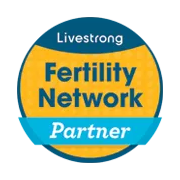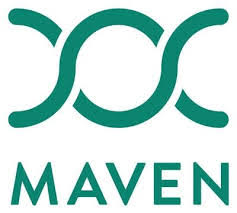Elective Fertility Preservation
Age matters when it comes to fertility. A woman is born with all the eggs she will ever have and is most fertile between the ages of 18-29. Fertility begins to decline as a woman reaches age 30 and that decline becomes more rapid between the ages of 35-40. Egg freezing allows a woman the opportunity to delay conception, giving time to cultivate a meaningful relationship, pursue educational goals, or devote extra time to a business or career.
Fertility by Age
Success varies from patient to patient and even from cycle to cycle, depending on a variety of factors.

How does it work?
- Consultation
- Hormone Testing
- Cycle Protocol
- Medication
- Monitoring
- Egg Retrieval
- Vitrification
Fertility Preservation for OncoFertility
Some surgeries and many forms of chemotherapy or radiation therapy can severely compromise ovarian or uterine function in female patients. In male patients, often times cancer treatments can result in diminished testosterone function and/or low sperm production. Oncofertility uses reproductive medicine technologies to provide options for both male and female patients that can preserve their fertility for the future. These options include: Egg Freezing, Embryo Freezing and Sperm Freezing.
We recognize that a new diagnosis of cancer is a frightening experience and that a typical timeline is often not feasible. Therefore, we have established a special treatment protocol whenever we have a patient or oncologist call us about fertility preservation. We will arrange for an immediate appointment with one of our doctors. We will accelerate the patient through the IVF preparation process and we can even start medications at any time in the menstrual cycle, avoiding any delays to treatment.









